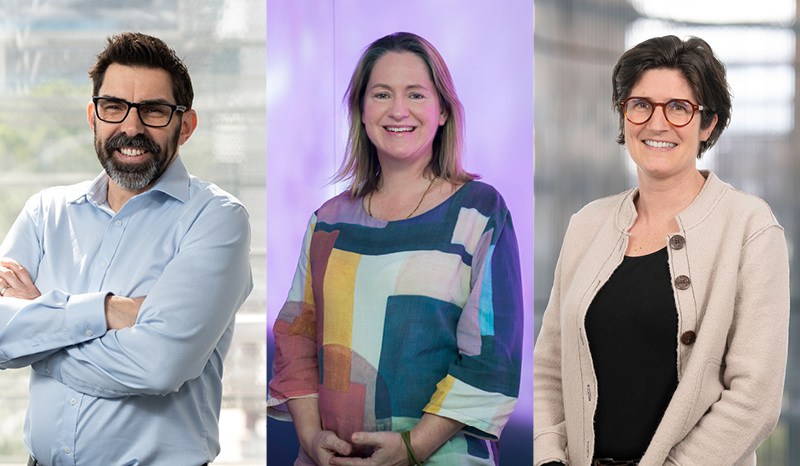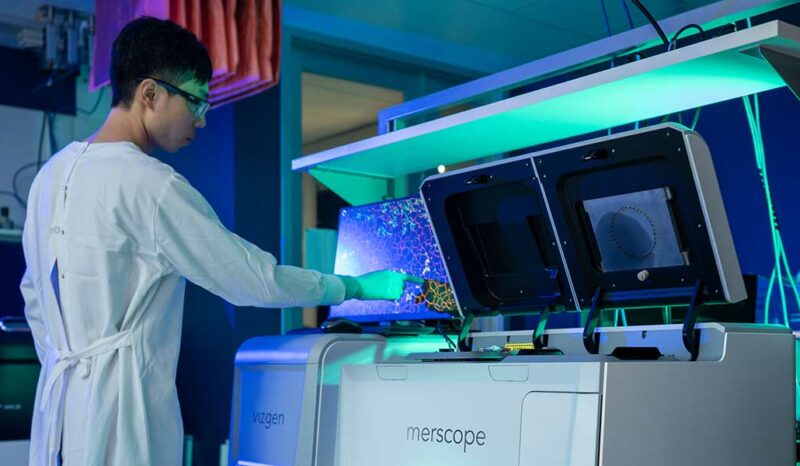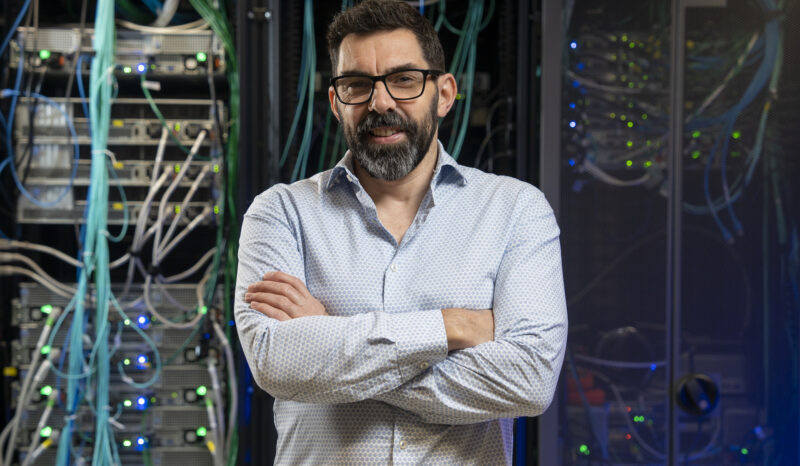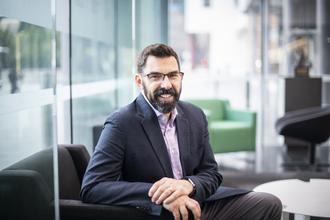Hutchison WJ, Keyes TJ, Crowell HL, Serizay J, Soneson C, Davis ES, Sato N, Moses L, Tarlinton B, Nahid AA, Kosmac M, Clayssen Q, Yuan V, Mu W, Park J-E, Mamede I, Ryu MH, Axisa P-P, Paiz P, Poon C-L, Tang M, Gottardo R, Morgan M, Lee S, Lawrence M, Hicks SC, Nolan GP, Davis KL, Papenfuss AT, Love MI, Mangiola S. The tidyomics ecosystem: enhancing omic data analyses. Nature Methods. 2024;21(7):10.1038/s41592-024-02299-2
Mangiola S, Roth-Schulze AJ, Trussart M, Zozaya-Valdés E, Ma M, Gao Z, Rubin AF, Speed TP, Shim H, Papenfuss AT. sccomp: Robust differential composition and variability analysis for single-cell data. Proceedings of the National Academy of Sciences of the United States of America. 2023;120(33):10.1073/pnas.2203828120
Giner G, Ikram S, Herold MJ, Papenfuss AT. A systematic review of computational methods for designing efficient guides for CRISPR DNA base editor systems. Briefings in Bioinformatics. 2023;24(4):10.1093/bib/bbad205
Molania R, Foroutan M, Gagnon-Bartsch JA, Gandolfo LC, Jain A, Sinha A, Olshansky G, Dobrovic A, Papenfuss AT, Speed TP. Removing unwanted variation from large-scale RNA sequencing data with PRPS. Nature Biotechnology. 2023;41(1):10.1038/s41587-022-01440-w
Cameron DL, Jacobs N, Roepman P, Priestley P, Cuppen E, Papenfuss AT. VIRUSBreakend: Viral Integration Recognition Using Single Breakends. Bioinformatics. 2021;37(19):10.1093/bioinformatics/btab343
Cameron DL, Baber J, Shale C, Valle-Inclan JE, Besselink N, van Hoeck A, Janssen R, Cuppen E, Priestley P, Papenfuss AT. GRIDSS2: comprehensive characterisation of somatic structural variation using single breakend variants and structural variant phasing. Genome Biology. 2021;22(1):10.1186/s13059-021-02423-x
Vergara IA, Mintoff CP, Sandhu S, McIntosh L, Young RJ, Wong SQ, Colebatch A, Cameron DL, Kwon JL, Wolfe R, Peng A, Ellul J, Dou X, Fedele C, Boyle S, Arnau GM, Raleigh J, Hatzimihalis A, Szeto P, Mooi J, Widmer DS, Cheng PF, Amann V, Dummer R, Hayward N, Wilmott J, Scolyer RA, Cho RJ, Bowtell D, Thorne H, Alsop K, Cordner S, Woodford N, Leditschke J, O’Brien P, Dawson S-J, McArthur GA, Mann GJ, Levesque MP, Papenfuss AT, Shackleton M. Evolution of late-stage metastatic melanoma is dominated by aneuploidy and whole genome doubling. Nature Communications. 2021;12(1):10.1038/s41467-021-21576-8
Mangiola S, Molania R, Dong R, Doyle MA, Papenfuss AT. tidybulk: an R tidy framework for modular transcriptomic data analysis. Genome Biology. 2021;22(1):10.1186/s13059-020-02233-7
Cameron DL, Di Stefano L, Papenfuss AT. Comprehensive evaluation and characterisation of short read general-purpose structural variant calling software. Nature Communications. 2019;10(1):10.1038/s41467-019-11146-4
Cameron DL, Schröder J, Penington JS, Do H, Molania R, Dobrovic A, Speed TP, Papenfuss AT. GRIDSS: sensitive and specific genomic rearrangement detection using positional de Bruijn graph assembly. Genome Research. 2017;27(12):10.1101/gr.222109.117






